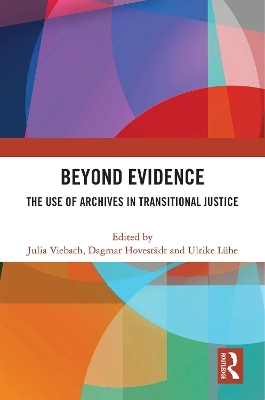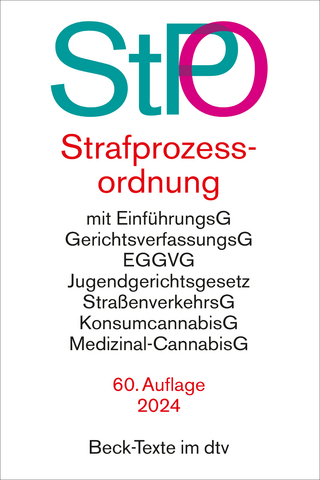
Beyond Evidence
Routledge (Verlag)
978-1-032-19741-8 (ISBN)
This edited volume provides conceptual critiques of the transitional justice paradigm and innovations in providing a new lens on archival practices in transitional justice. In doing so it offers in-depth analyses of the relationship between archives and transitional justice in France, Colombia, Rwanda, South Africa and Northern-Ireland; it highlights truth commission and (international) court archives as much as personal collections and oral histories. The authors bring critical archival studies into dialogue with transitional justice discourses to highlight the activism and emancipatory potential but also the possibilities of injustices inherent in archives and archival practice.
Crucially, the book goes beyond merely highlighting the evidentiary value of archives by linking them to a multitude of transitional justice processes, goals and ideals, including remembrance processes, witnessing, reconciliation, non-recurrence, and various struggles against injustices and prevalent violence. This collection contributes to and expands our understanding of archives in transitional justice and critically questions core assumptions being made about the inherently positive contributions archives and records make to dealing with a violent past.
The chapters in this book were originally published as a special issue of The International Journal of Human Rights.
Julia Viebach is Departmental Lecturer in the African Studies Centre at the University of Oxford. Her work centres on violence, memory, trauma and transitional justice with a focus on post-genocide Rwanda. She is the curator of the award-winning Kwibuka Rwanda photographic exhibition and Traces of the Past installation at Oxford’s Pitt Rivers Museum. Dagmar Hovestädt is Head of Communication and Research of the Stasi Records Archive in Berlin. She was a journalist for 20 years before joining the archive in 2011. Her renewed academic interest focuses on the intersection of archives, dealing with the past and human rights. Ulrike Lühe is Senior Researcher at Swisspeace, an associated institute of the University of Basel, Switzerland. Her research focuses on the politics of archives, knowledge production and expertise in the field of transitional justice and covers different actors reaching from regional organisations to corporations.
Introduction: Beyond evidence: the use of archives in transitional justice
Julia Viebach, Dagmar Hovestädt and Ulrike Lühe
1. Transitional archives: towards a conceptualisation of archives in transitional justice
Julia Viebach
2. From the forerunners of document collection to the trial of Klaus Barbie and beyond: the transitional justice journey of the Izieu telegram
Ulrike Lühe and Romain Ledauphin
3. Remembering atrocities: legal archives and the discursive conditions of witnessing
Benjamin Thorne
4. There was this goat: the archive for justice as a remedy for epistemic injustices in truth commissions
Dietlinde Wouters
5. Non-recurrence, reconciliation, and transitional justice: situating accountability in Northern Ireland’s oral history archive
Eliscia Kinder
6. Personal archives and transitional justice in Colombia: the Fonds of Fabiola Lalinde and Mario Agudelo
Marta Lucía Giraldo and Daniel Jerónimo Tobón
| Erscheinungsdatum | 31.01.2024 |
|---|---|
| Verlagsort | London |
| Sprache | englisch |
| Maße | 174 x 246 mm |
| Gewicht | 453 g |
| Themenwelt | Geisteswissenschaften ► Philosophie |
| Recht / Steuern ► EU / Internationales Recht | |
| Recht / Steuern ► Strafrecht ► Strafverfahrensrecht | |
| Sozialwissenschaften ► Politik / Verwaltung | |
| ISBN-10 | 1-032-19741-2 / 1032197412 |
| ISBN-13 | 978-1-032-19741-8 / 9781032197418 |
| Zustand | Neuware |
| Haben Sie eine Frage zum Produkt? |
aus dem Bereich


